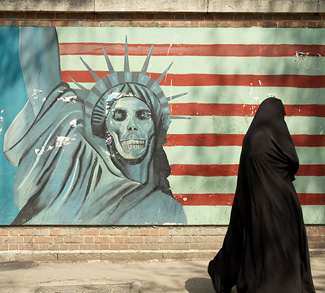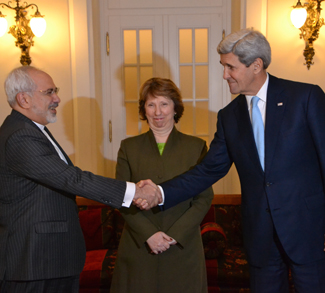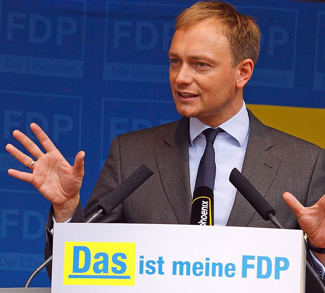Summary
There are more questions than answers when it comes to how President Trump will execute the Iran file while he’s in office. Not least in the calculus is pressure from Israeli Prime Minister Benjamin Netanyahu, who recently visited Washington and without a doubt discussed Iran with Trump. The Iran nuclear deal was just one of the main sources of tension in the relationship between Washington and Jerusalem under Obama. But now things seem to be changing. It’s evident that Trump will adopt a more “aggressive” stance toward the Islamic Republic; he recently announced new sanctions following Iran’s recent ballistic missile tests, conducted on January 29 near Semnan. The Iranian leadership stated these tests were fully legitimate under the nuclear deal, since the tested missiles are not designed to carry a nuclear warhead. The missile test did not violate any other rules or limits in UN resolutions concerning nuclear or conventional weapon systems tests. But what the tests clearly show is that all the ingredients for a new escalation of tensions between Iran and the United States are present: missile tests, new sanctions, and a cycle of recriminations from both sides.
But should President Trump seek to rally US allies and once again isolate Iran for supposed violations of the nuclear deal, will other governments actually heed the call?
Background
The Iran nuclear deal: A tale of two administrations
President Obama was eager to conclude the Iran nuclear deal in order to help resolve the ISIS problem. Moreover, he believed the deal would also help the United States – and the West by extension – concentrate on resolving Middle East problems without having to confront the possibility of Iran pursuing the development of a nuclear weapon and threatening Israel. Without a deal, Israel might have pursued its own options in dealing with Iran, exacerbating the struggle against ISIS, and potentially setting the whole region on fire with a new, cascading conflict. Meanwhile, Iran has helped in the fight against ISIS in Syria, losing over a thousand troops and General Hamedani, one of its top military figures in the process. In return, the 5+1 nuclear deal allowed Iran a chance to reenter the international community, receiving near total sanction relief, which in turn has allowed it to repatriate some $150 billion of its own money that had been blocked in US banks since the Revolution.




